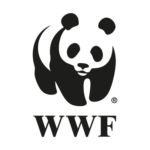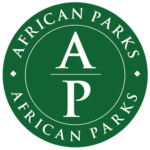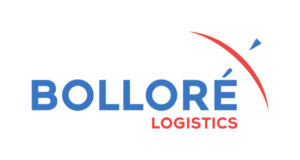





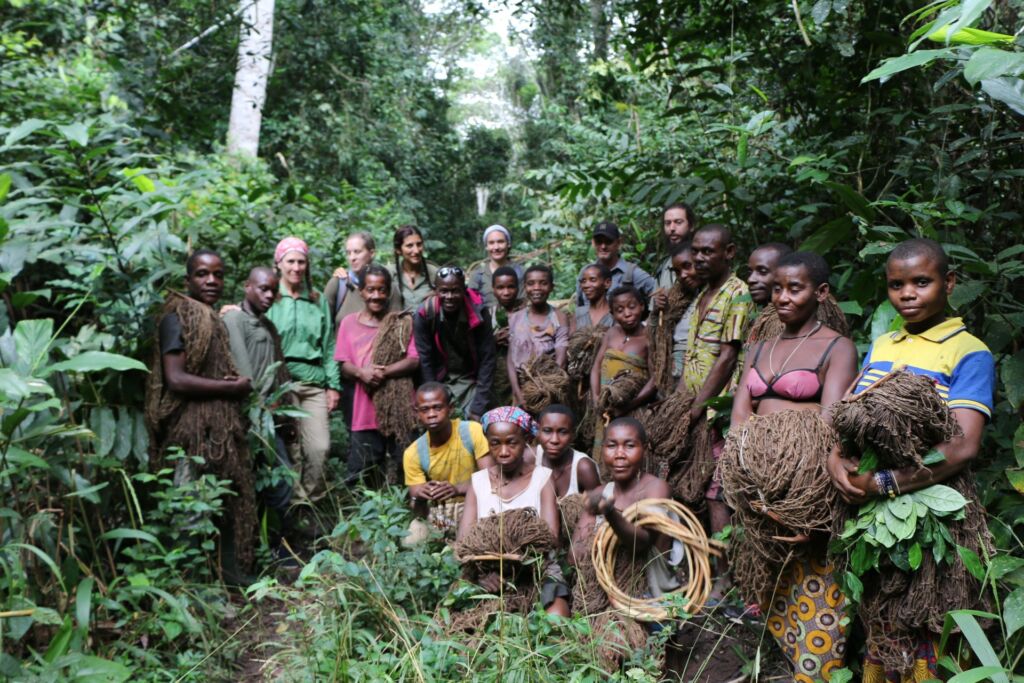





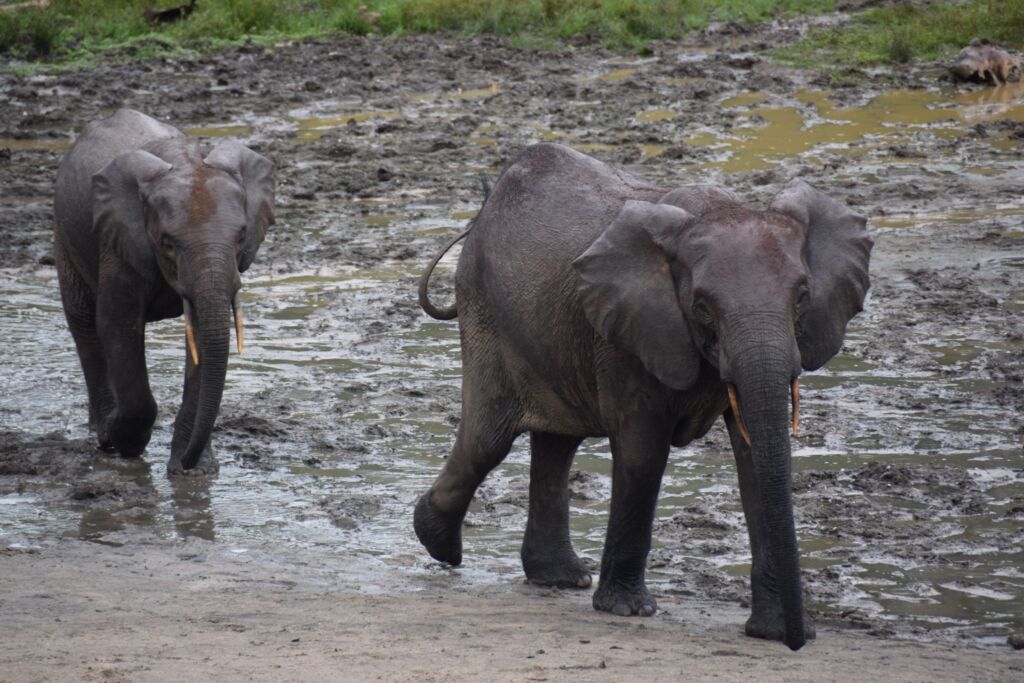
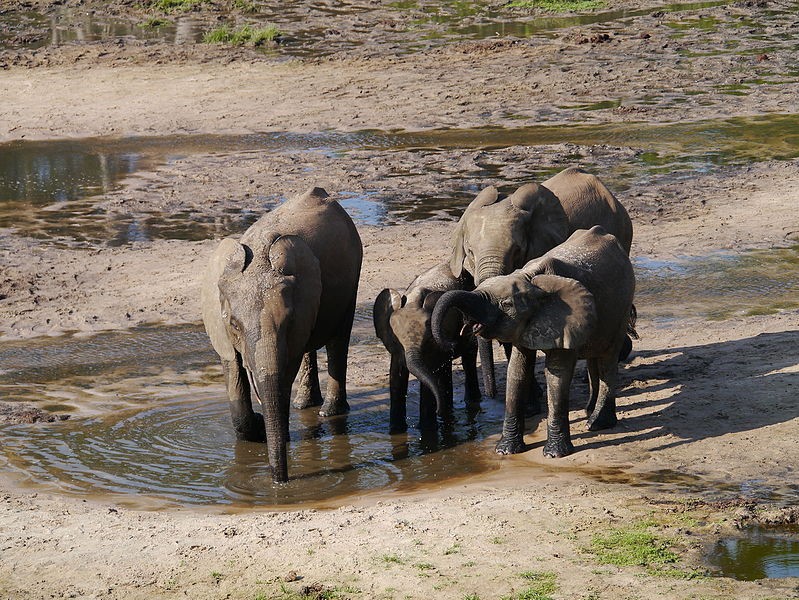
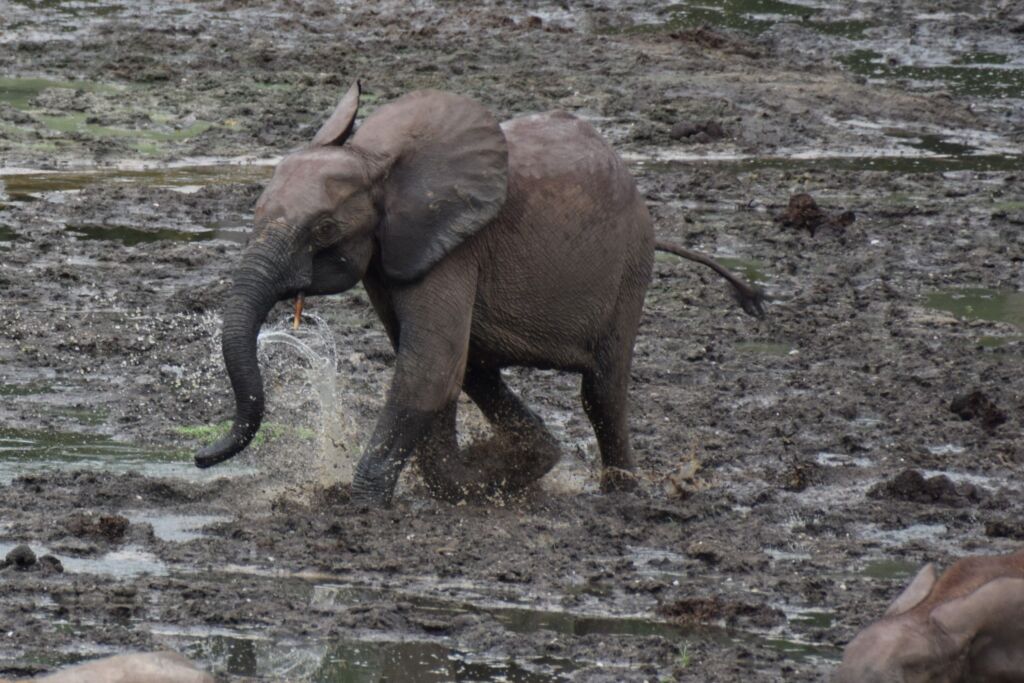
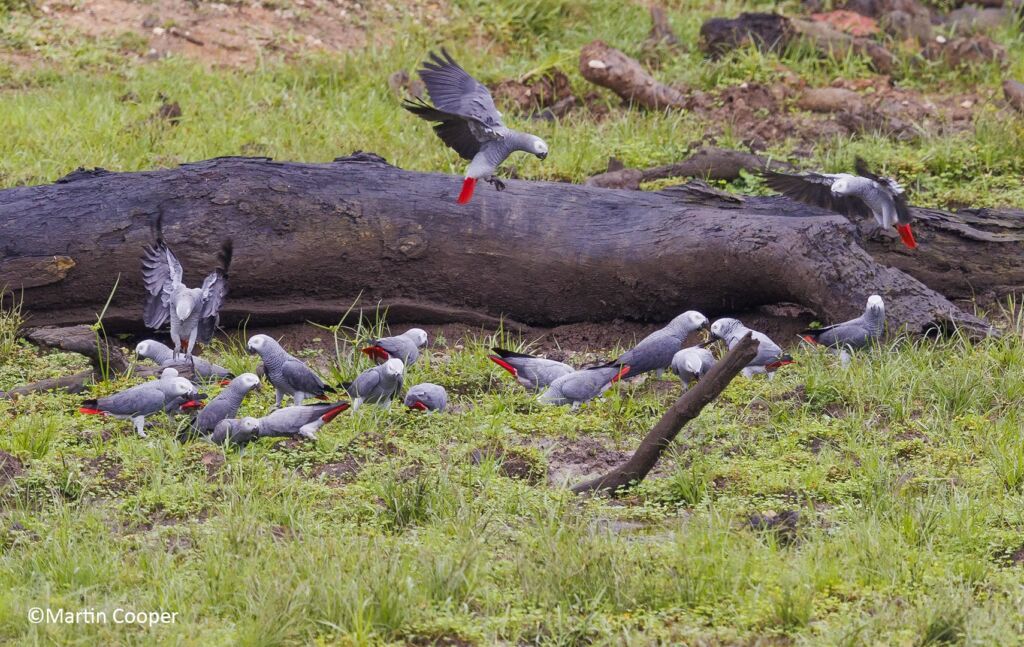
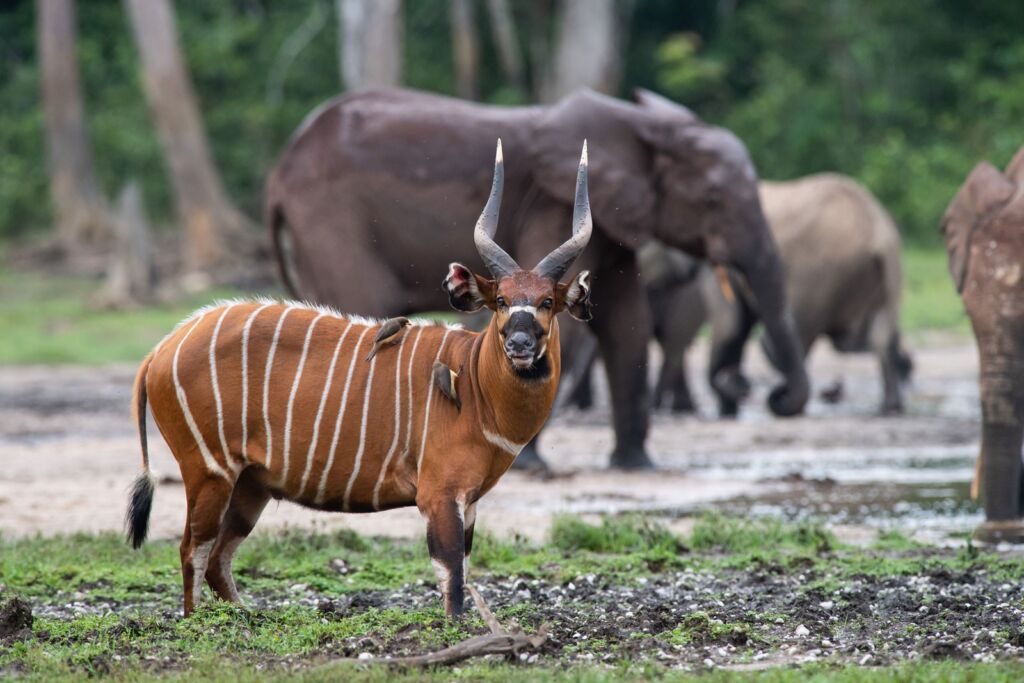








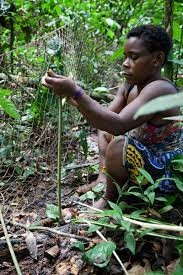

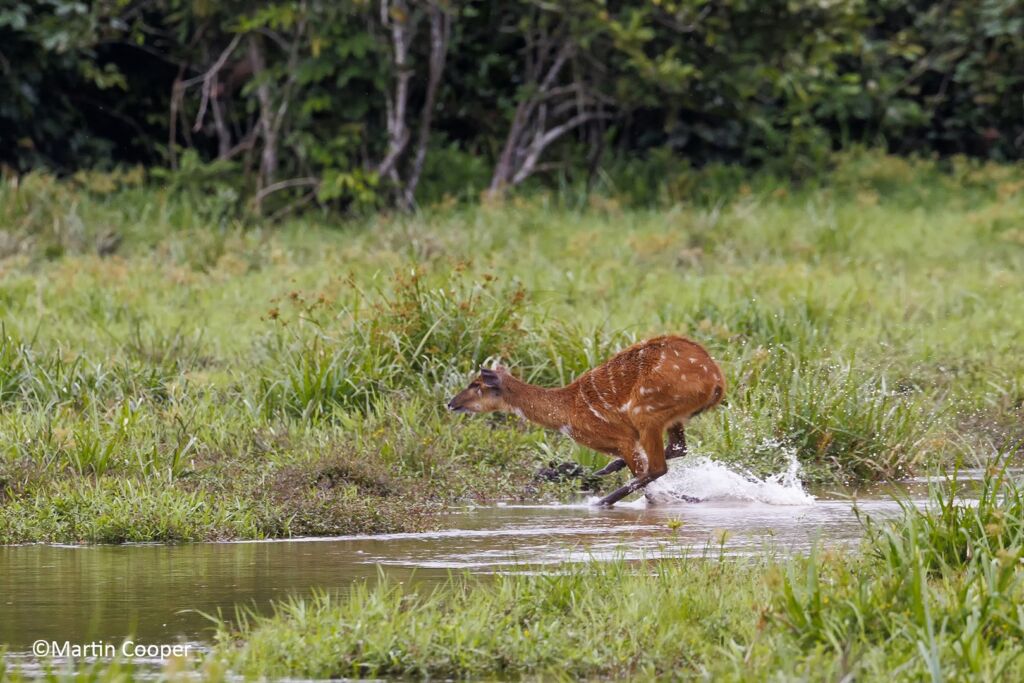


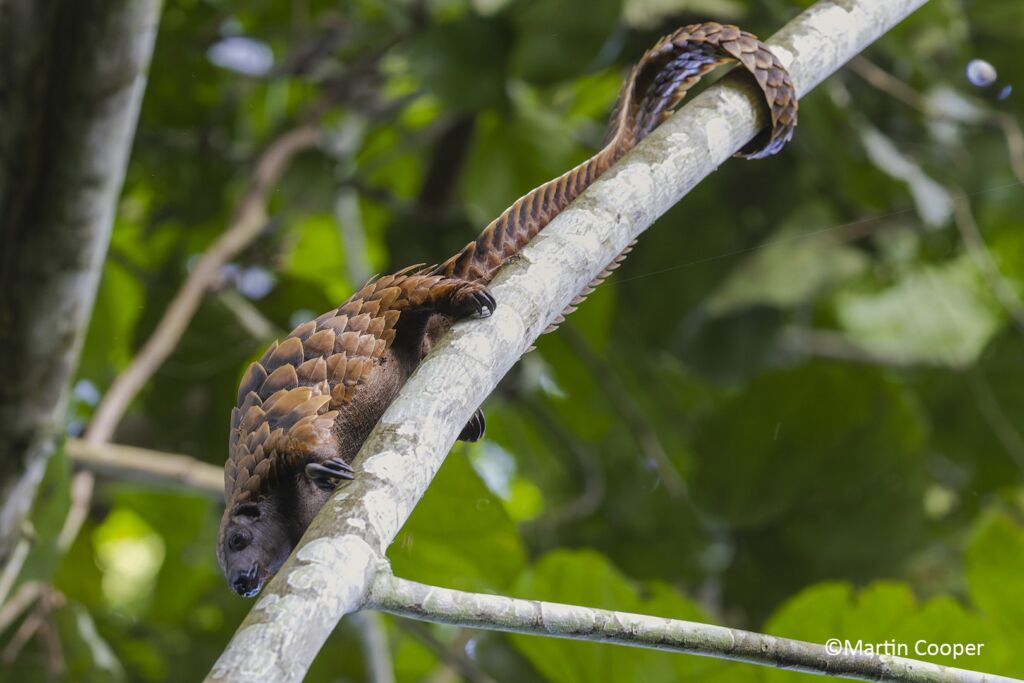
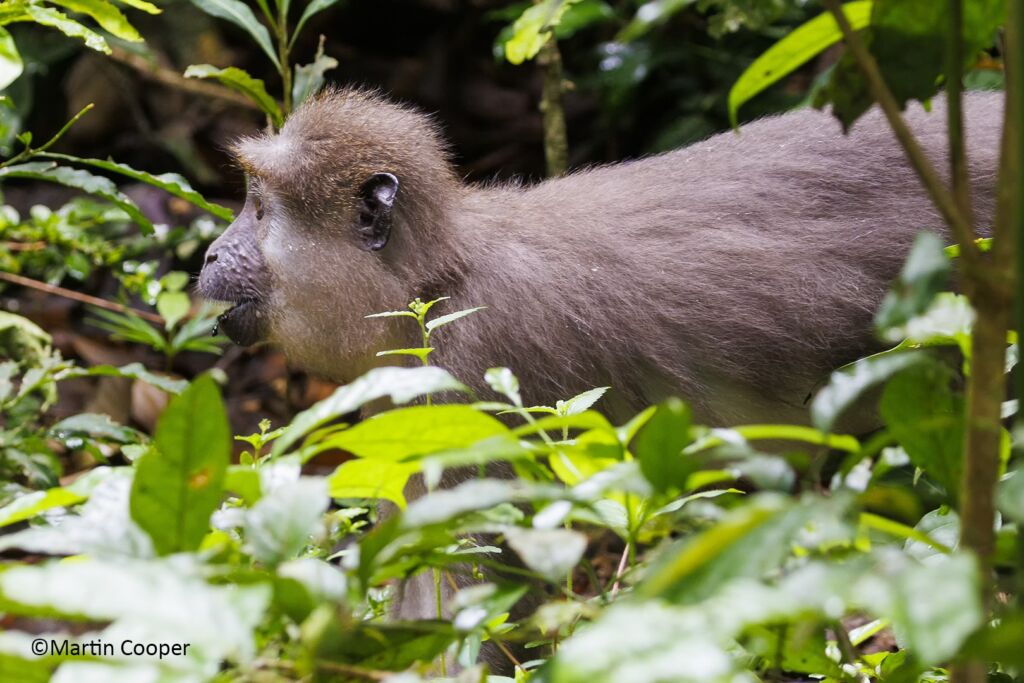
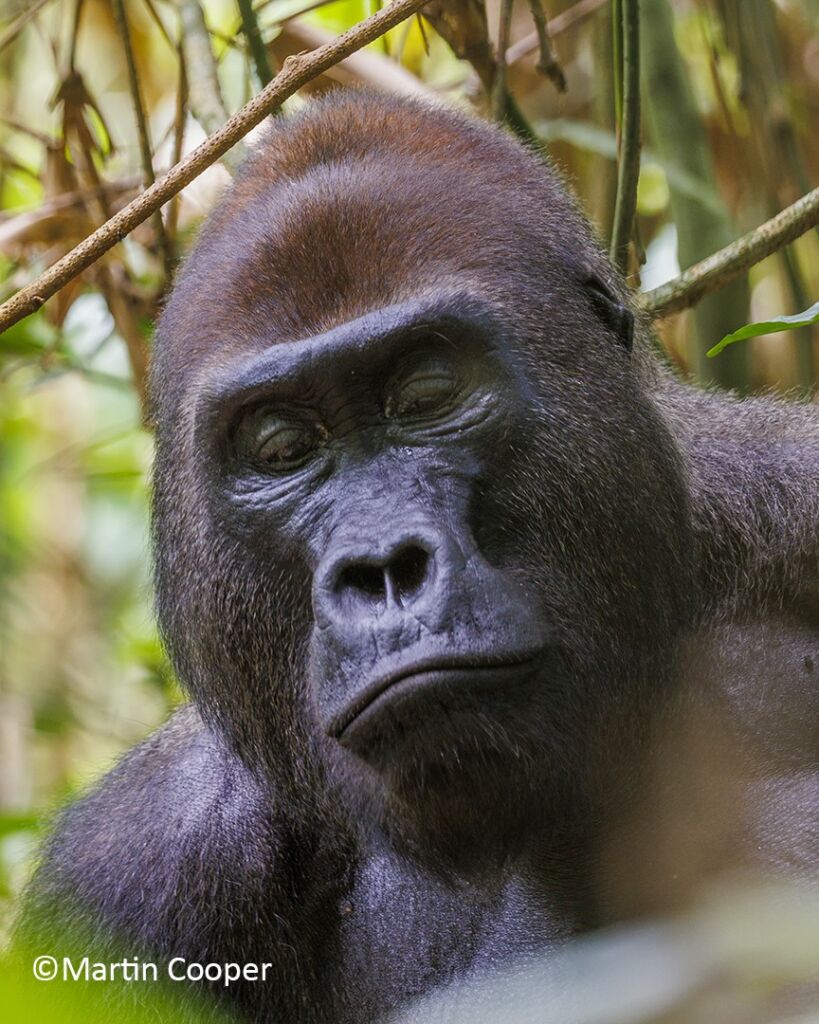

































This is a complete tour to Sangha Trinational Park in which you will go on safari and go gorilla tracking in Cameroon, the Republic of Congo and the Central African Republic.
Sangha Trinational is a forest area, located in the northwestern Congo Basin, divided between the countries of Cameroon, the Central African Republic and Congo-Brazzaville. The area includes three contiguous national parks, with a total size of approximately 750,000 hectares: Nouabalé-Ndoki, Dzanga-Ndoki and Lobéké. During the 36th session of the World Heritage Commission (2012), the area was designated a World Heritage Site.
Much of the area is unaffected by human activity and features a wide range of moist tropical forest ecosystems, with rich flora and fauna, including the Nile crocodile (Crocodylus niloticus) and the predatory fish Hydrocynus goliath.
Sangha is home to large populations of forest elephants (Loxodonta cyclotis), the endangered western lowland gorillas (Gorilla gorilla gorilla), and endangered chimpanzees.
Lobéké National Park is a national park of 2.178 km2 which is mainly made up of equatorial forest and is a part of the Congo Basin in the extreme south-east of Cameroon. The park is part of the cross-border conservation initiative, known as the Trinational de la Sangha (TNS). It is a priority biodiversity conservation landscape which includes, in addition to the Lobéké National Park, the Dzanga-Sangha Special Reserve (Central African Republic) and the Nouabalé-Ndoki National Park (Congo-Brazzaville). Lobéké has a network of marshy clearings, particularly on the eastern side of the park. The park was created in April 2001.
Lobéké National Park has a very rich biodiversity in fauna and flora. There are 45 species of mammals, 305 species of birds, 18 species of reptiles, 16 species of amphibians, 134 species of fish, 215 species of butterflies and 764 species of plants belonging to 102 families. Several of these species are endemic and the park has one of the highest concentrations of elephants and gorillas in Africa.
The park is an ideal eco-tourism destination where you will meet very few to non other tourists. The Lobéké National Park has several bais (clearings) where viewing platforms have been built to observe the birds, gorillas, elephants and other mammals. There are platforms in Bolo, Djangui, Ndangaye, Ngoa, Djaloumbe and Petite Savane.
Nouabalé-Ndoki (Congo Brazzaville) and Dzanga Sangha (Central African Republic) are two neighboring parks which are both part of a trinational park together with Lobéké National Park in Cameroon. It is possible to combine both Nouabalé-Ndoki and Dzanga Sangha for your safari and gorilla tracking in one travel.
Nouabalé-Ndoki National Park is located in the north of the Republic of the Congo and was established in 1993. It is an important refuge for wildlife, especially elephants and primates such as gorillas and chimpanzees. We can also find antelopes such as bongos and sitatungas and a wide variety of birds. Nouabalé-Nokdi is a little under 4.000 km² and consists of pristine tropical rainforest. Together with Lobéké and Dzanga Sangha they form Sangha Trinational and have a world heritage status. The park is currently managed by the WCS. The park has very few visitors and is still relatively unknown to the wider public. As of 2022 it is undergoing restructuring and a new touristic infrastructure is being established as we speak.
By the end of 2022 there should be possibility again to book safari and gorilla tracking at Nouabalé-Ndoki, which we combine with a safari to Dzanga Sangha. One of the highlights of the park is Mbeli Bai from where you can observe elephants and other mammals. The park is also known for its gorilla tracking.
Dzanga Sangha is located in the extreme south of the Central African Republic and a prime wildlife destination, possibly the best in all of Central Africa. Dzanga Sangha is one of the most mesmerizing parks in Africa and rich in fauna and flora. A travel to Dzanga Sangha takes you deep into the African jungle and is very different than your typical African safari.
A visit to Dzanga Sangha is a must for anyone serious about African wildlife and birds. It is also the perfect destination to track the western lowland gorilla and to see bush elephants. The highlight of the park is a tall platform overlooking the Dzanga bai from where you can see up to 200 elephants and more, accompanied by bongo, sitatunga, giant forest hogs and others.
There is also a great mangabey tracking activity and if you’re staying at the Sangha Lodge you can also meet the habituated pangolins and photograph them.
It is VERY IMPORTANT to add at least one buffer day before your travel in case your flight is delayed and also add at least one buffer day after the safari so you definitely not miss your flight back. We are not responsible for you missing any transfer flights due to bad planning.
Please know that this expedition includes a lot of walking through dense rainforest. You don’t have to be an experienced hiker, but know that sometimes we do need to walk for a few hours, take off our shoes to go through a shallow stream and that you will have to be on your guard to not trip. During your travel you will encounter wildlife and have unique experiences such as gorilla tracking or seeing buffaloes and elephants. Know that wild animals are unpredictable and you have to take precautions and behave in a responsible way.
Accommodation in Lobéké and Ndoki is very basic, so is the food and we will also camp. There are no hot showers and electricity to be prepared. In Dzanga Sangha we will stay in a comfortable lodge.
Our travel will start in Yaoundé, Cameroon. We will have to drive two days from Yaoundé going to Bertoua, through Yokadouma and then all the way south to Mambale, which is the base for Lobéké National Park, where we will stay four days together with a professional local guide who will introduce you to the park and where you will search for animals such as African gray parrots, antelopes, elephants, gorillas and other primates. We will then go back to Mambale for the night and the next day we will go to Libongo by car where a boat will be waiting for us. We will take the ferry from Lidjombo to Bayanga, where we will switch once again to a car. The next three days you will spend exploring the forest, track gorillas, see the elephants from the viewing platform and track agile mangabeys.
We will then take the boat from Bayanga to Bomassa in the Republic of Congo and go stay at the headquarters of the Nouabalé-Ndoki National Park, the next three days we will have activities in the park, then go to Ouesso, where we will spend one day, before going to Brazzaville, where you ideally have at least two – three buffer days in case of delays.
It is VERY IMPORTANT to add at least one buffer day before your travel in case your flight is delayed and also add at least one buffer day after the safari so you definitely not miss your flight back. We are not responsible for you missing any transfer flights due to bad planning.
Day 1: Yaoundé – Aton – Doume – Bertoua
Our tour starts in Yaoundé, from where we will start in our comfortable 4×4 vehicle with your own private driver and guide who will take you all the way to Bertoua, passing Aton, Akong Mbang, Doume and eventually Bertoua where we will stay for the night.
Day 2: Bertoua – Yokadouma – Mambale
Today we will drive from Bertoua through Yokadouma all the way down to Mambale from where we will go to a guesthouse from the Lobéké National Park.
Day 3: Lobéké National Park: Petite Savanne
After the necessary paperwork we will go to the headquarters by car and then go hike to the viewing platform of the Petite Savanne. The hike is about 6 km, so it will take one and a half hours to two hours. We will stay here and look for animals the rest of the day (buffaloes, gorillas, elephants, bongos, sitatungas, primates, giant forest hogs) and will then overnight in the forest in tents.
Day 4: Lobéké National Park: Djangui
We will hike around 8 kilometers from the Petite Savanne viewing platform to the platform of Djangui. We’ll look for wildlife again and then overnight in tents near the base.
Day 5: Lobéké National Park: Back to Petite Savanne
In the morning we’ll go look for animals again and then we’ll walk back for 8 kilometers to Petite Savanne. After a day of searching for animals we’ll have another night in the forest.
Day 6: Lobéké National Park: Guesthouse
We will hike back to the starting point of the headquarters and will then stay in the guesthouse in Mambale.
Day 7: Mambale – Libongo – Bayanga
We will drive all the way from Mambale through a dirt road to Libongo, where we will cross the river by boat. We will take the ferry boat from Lidjombo to Bayanga. In Bayanga we will transfer you to a nice 4×4 car and will drive you to Doli Lodge. It is also possible to stay in Sangha Lodge in case you want to upgrade your travel and see the pangolins. Please, let us know if you want to change Doli Lodge to Sangha Lodge.
Day 8: Dzanga Sangha National Park: Gorilla Tracking
After an early breakfast we go to the search for one of the three groups of habituated gorillas of the Dzanga Sangha Reserve. If we’re lucky we can find them in less than half an hour, but it can also take us a few hours. So, be prepared for a few hours of hiking through the beautiful rainforest of Dzanga Sangha and be on the lookout for other animals such as colorful birds, caterpillars, millions of butterflies, antelopes and others.
Day 9: Dzanga Sangha National Park: elephants at Dzanga Bai
Today we’ll drive towards Dzanga Bai and after a hike of 45 minutes in which we walk through the forest and pass a shallow stream (barefoot) we’ll arrive at the platform where we’ll watch the animals interact for the rest of the day. You’ll see dozens and dozens of forest elephants, but also animals such as giant forest hogs, forest buffaloes, red river hogs, bongos, sitatungas and birds such as turacos, African gray parrots, white-throated bee-eaters, woodland kingfishers, and more.
Day 10: Dzanga Sangha National Park: Agile mangabey tracking
Together with the Ba’ka trackers we’ll go look for the agile mangabeys and watch them interact in their natural habitat. We will hike for 4 hours or so and you’ll have the chance to see other wildlife such as buffaloes, elephants and sitatungas.
Day 11: Bayanga to Bomassa
After a very early breakfast we’ll go on board of the boat which will bring us all the way down to Bomassa. From there we will go to the headquarters of the Nouabalé Ndoki National Park.
Day 12, 13, 14: Nouabalé-Ndoki
We will stay 3 full days in the park looking for animals such as forest elephants and will also go on gorilla tracking.
Day 15: Bomassa – Pokola – Ouesso
We will take the boat from Bomassa to Ouesso passing Pokola today. We will overnight in Ouesso.
Day 16: Ouesso – Oyo
We’ll drive from Ouesso to Oyo today and overnight.
Day 17: Oyo – Brazzaville
Today is the last leg of the journey, we’ll get you to Brazzaville. End of tour.
Includes:
– Accommodation
– All activities as described
– Park entrance fees
– Transport as described
Doesn’t include:
– Accommodation in Yaoundé and Brazzaville
– Meals outside of the parks
– Drinks
– Visa
We can ofcourse plan the travel in the opposite way. We can start from Bangui, from where you can either rent a car through us or charter a flight to Bayanga. From Bayanga we can take you to Libongo by boat ferry and from there you can go to Lobéké and from Lobéké to Yaoundé.







